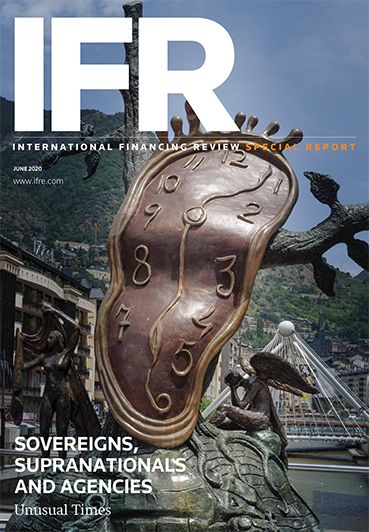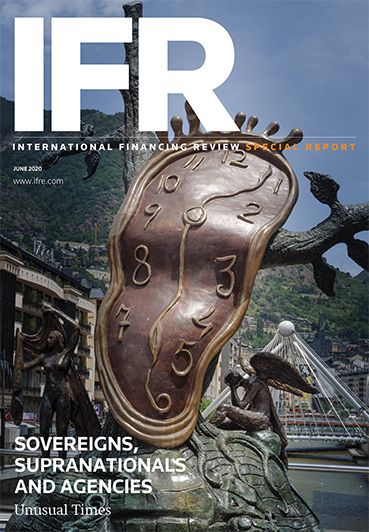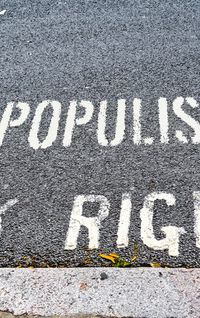If there is anything certain in these most unusual times, it is that no one can say what the effects of the coronavirus pandemic will turn out be. All that is known is that they will likely be long-lasting and will definitely be costly. Against this backdrop, public sector borrowers around the globe sprang into capital markets action, raising billions to help fund the various schemes put in place to combat the virus and mitigate its repercussions. Some were quick off the mark and others less so, while a few naysayers were notable by their lack of cohesive action. But, generally, they showed their mettle. And they came from every level - from supranationals to sovereigns and their agencies to regional entities. Issuers already set to borrow billions simply upped their plans and embarked on borrowing billions more - lots of them.
To see the digital version of this report, please click here
To purchase printed copies or a PDF of this report, please email gloria.balbastro@refinitiv.com





























